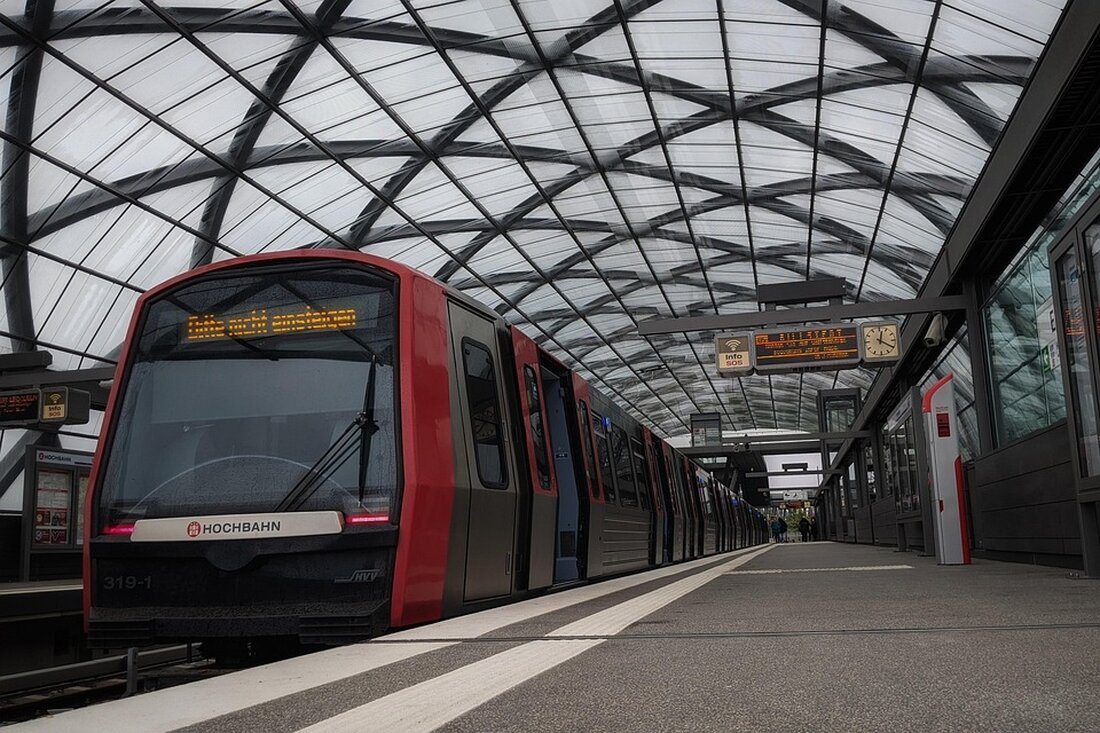Public transport: Every euro invested brings three euros for the economy!
A current study shows the economic benefits of local public transport for tourism and retail in Germany.

Public transport: Every euro invested brings three euros for the economy!
A recent study shows that local public transport (ÖPNV) in Germany is of considerable economic value. According to the results of Deutsche Bahn (DB), published on Thursday, every euro invested in public transport brings a benefit of three euros to the national economy. This is particularly significant because the annual operation of public transport costs around 25 billion euros nationwide, while the value created by public transport is estimated at around 75 billion euros. This was the result of the study that was carried out by the MCube future cluster under the direction of the Technical University of Munich on behalf of the DB initiative “Future Local Transport”.
A significant part of the added value comes not only directly from the public transport sector, but also from related economic sectors such as vehicle manufacturing and cleaning services. The influence of public transport on retail is particularly noticeable. Its revenue depends in part on passengers visiting stores in the cities.
Positive effects on tourism and the labor market
Accessibility via public transport also has a positive impact on tourism, especially in cities and holiday regions where good connections are important for visitors. Public transport also enables employees to reach their jobs, which is important for the stability of the labor market. Jan Schilling, board member of DB Regio, is therefore calling for an expansion of the public transport offering in order to further strengthen these positive effects.
In addition, it is emphasized that public transport saves economic costs. Savings include fewer traffic accidents, less land use, reduced noise and a decrease in air pollution and CO2 emissions. According to the study authors, a shift in current transport performance from public transport to private motorized transport (MIV) would cost around nine billion euros in additional costs annually.
MCube managing director Oliver May-Beckmann emphasizes that local transport not only strengthens retail and tourism, but also relieves commuters. The results underline the importance of investing in public transport for society and the economy as a whole. Further information on the results and context of the study can be found in the detailed analysis by Transport conference to find.
The findings of this study underline that a sustainably designed investment in public transport makes sense not only economically but also ecologically. Promoting public transport could therefore represent a key strategy for the future of urban mobility in Germany.
For further details about the study and its relevance, you can view the comprehensive analysis Yahoo News read up.

 Suche
Suche
 Mein Konto
Mein Konto